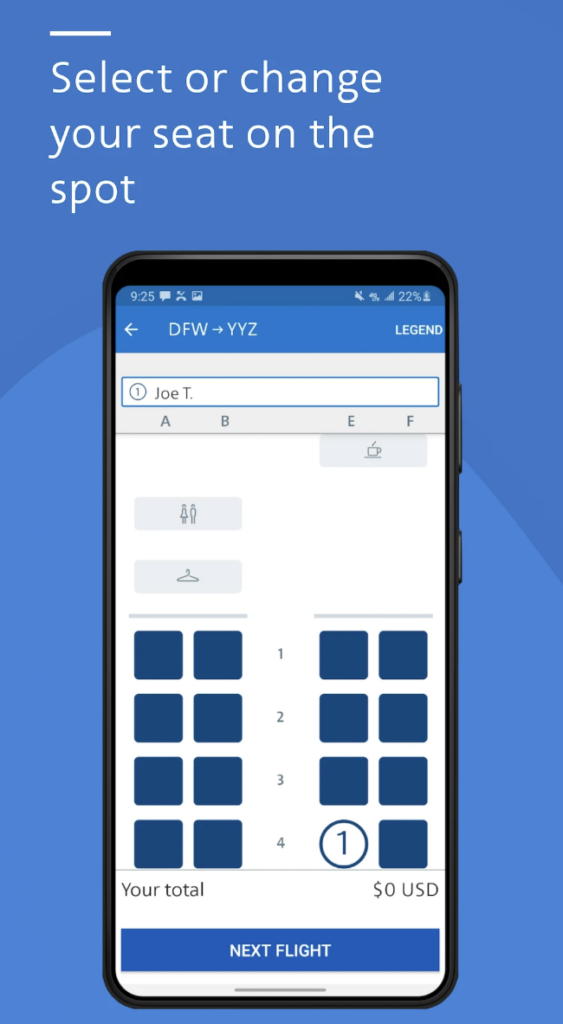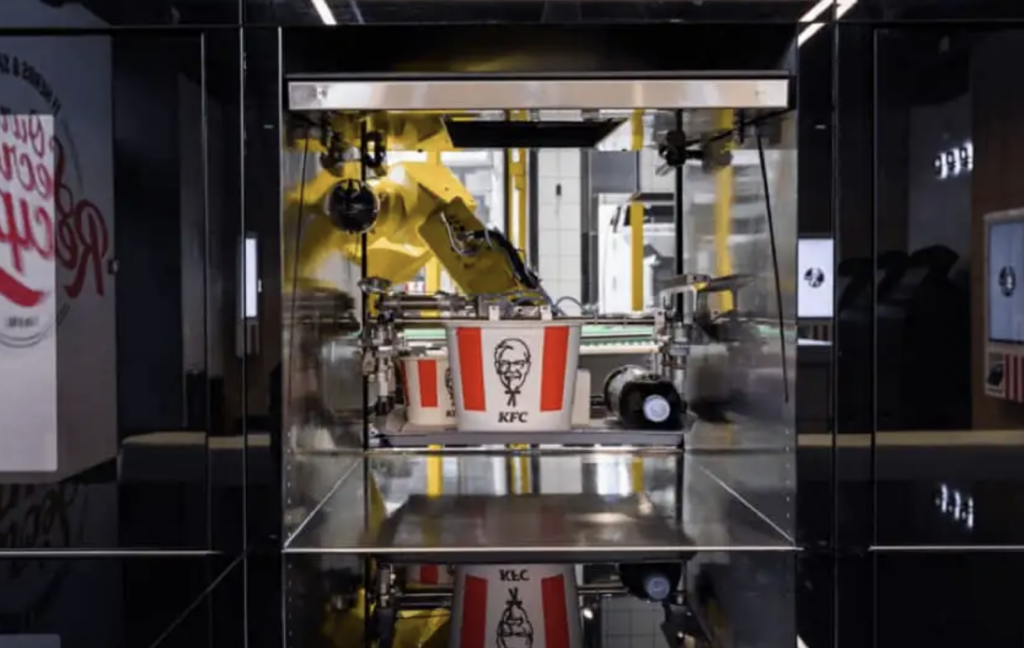Customer service automation is the process of automatically resolving or responding to customer inquiries without direct human-agent intervention. The best examples of customer service automation features include chatbots, personalized messaging, intelligent routing, and automated customer responses. Adopting this technology centralizes customer information for speedy and efficient service with much less expense.
Benefits of Customer Service Automation
Customer service teams are expected to answer customer inquiries promptly. However, not having appropriate tools like automation for enhancing customer service efficiency can lead to slow responses and dissatisfied customers. On the other hand, using customer service software systems with automation features can provide significant benefits.
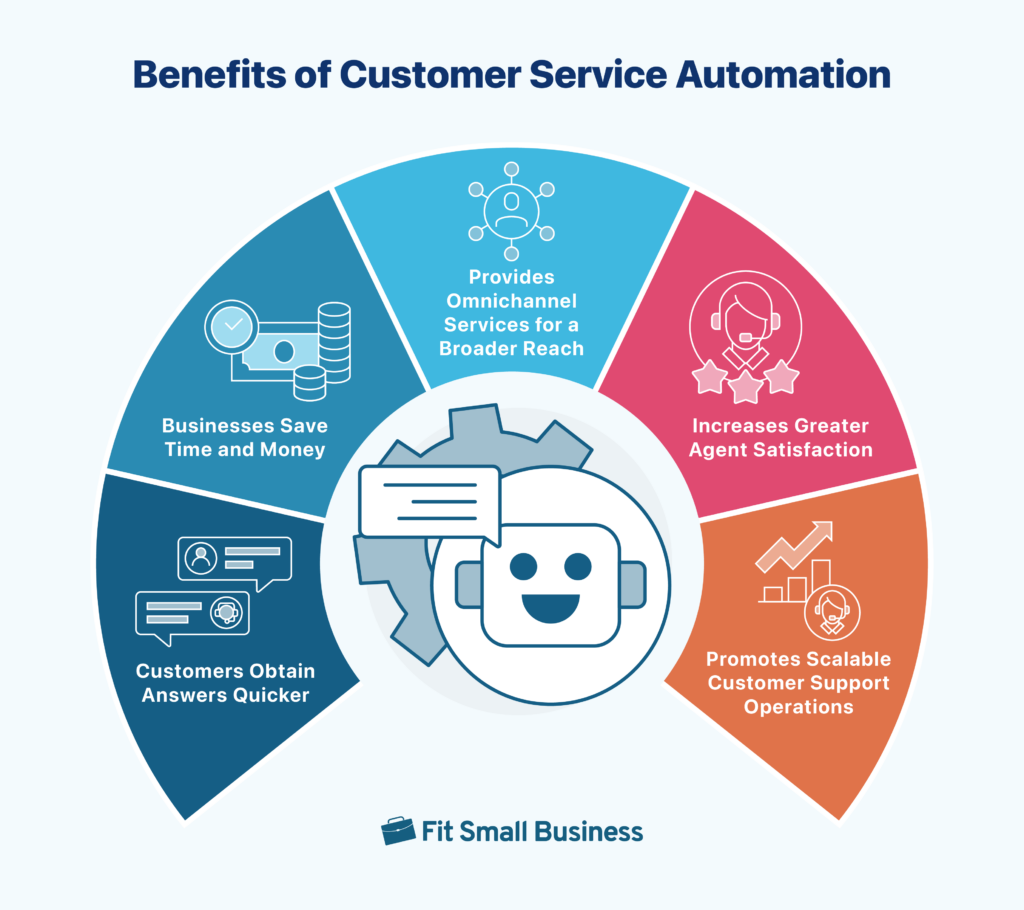
Customers Obtain Answers Quicker
Automating customer service tasks is a great way to provide your customers with quick answers, irrespective of location and time zone. One way to do this is to deploy artificial intelligence (AI) chatbots, which Gartner predicts will be the primary customer support channel for a quarter of organizations by 2027. Automated chatbots use set rules or AI algorithms to immediately and accurately answer customer questions.
Businesses Save Time & Money
Automated customer service tools can help lower your operating costs, as this technology enables customer support agents to handle multiple inquiries simultaneously and reduces the need to hire more reps. Aside from cost efficiency, automated systems minimize human errors. For instance, AI-assisted customer service dashboards display much-needed information during calls, suggesting scripts or next best actions for faster customer response times.
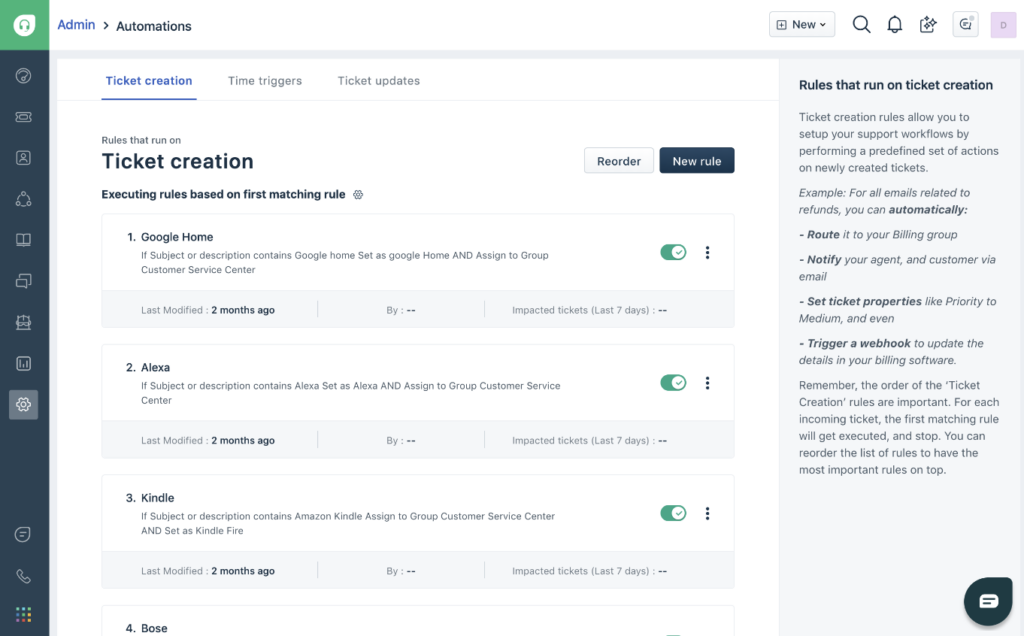
Freshdesk lets you set rules for automated ticket creation and assignment. (Source: Freshdesk)
Provide Omnichannel Services for a Broader Reach
Customer response time (CRT) is a customer metric that determines the time your customer support rep responds to a client’s inquiry or request. One of the best ways to reduce CRT is by automating your customer support processes, allowing you to offer more channels for resolving customers’ concerns and requests in the shortest time possible. For instance, AI chatbots provide faster responses without compromising data accuracy.
About 67% of customer service leaders say their companies build stronger customer relationships with chatbots. Chatbots enable agents to provide consistent support across multiple customer touchpoints.
With omnichannel customer service, you can accommodate more inquiries and better help customers with disabilities or language barriers. This accommodation means you can serve more diverse customers, making your business more appealing to a broader customer base.
Increase Greater Agent Satisfaction
Because automated customer support systems like AI-powered chatbots can minimize human errors, agents don’t feel pressure to answer as many customer inquiries as possible. Besides, 70% of consumers consider AI part of modern customer service.
With a customer service automated system, your customer service team has a unified view of customer interactions, such as the last reason for contact or whether the issue has been resolved. They’ll feel more confident assisting customers because they have the right information and tools to eliminate guessing and false promises.
Promote Scalable Customer Support Operations
Automated customer support tools like chatbots and intelligent call routing provide multichannel, personalized service at scale. With AI-powered customer support automation, customer service managers can monitor metrics like first-call resolution (FCR) for performance tracking, coaching, and benchmarking.
For instance, the lowest average FCR for tech support is 65%. If your business provides this service, customer support automation can help you sync your live chat, in-app, email, social media, and other messaging support channels and apps. As a result, you can improve FCR and, more importantly, serve customers regardless of communication method.
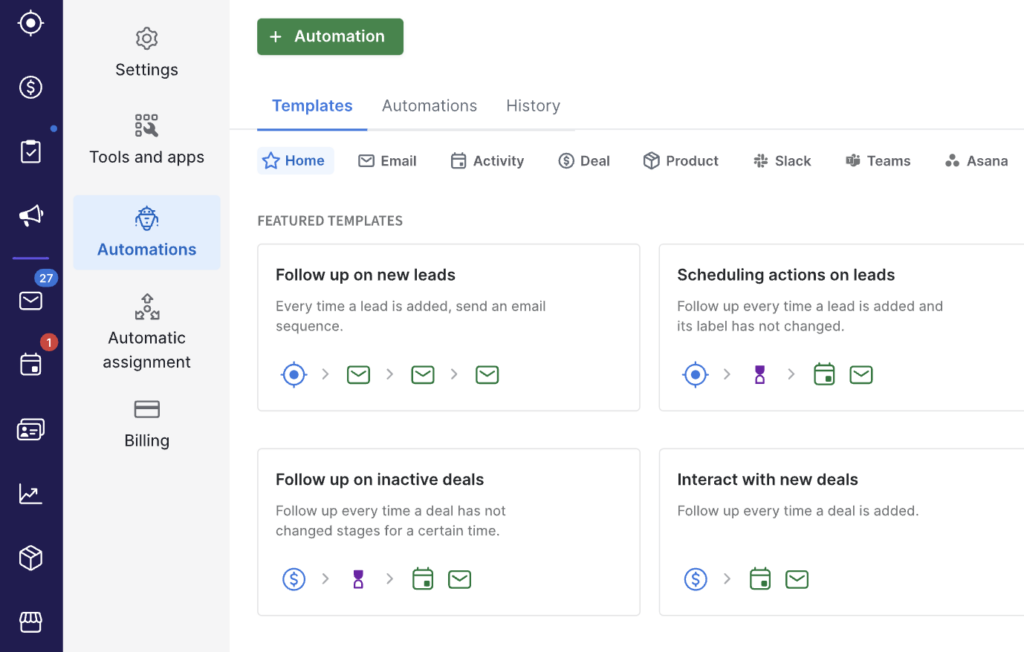
Pipedrive automation dashboard where users can automate customer service workflows (Source: Pipedrive)
Customer Service Automation Features
Service teams can use AI in customer service because automation is closely related to AI, based on predetermined rules or algorithms. For instance, chatbots can be programmed to answer customer questions based on keywords that point online users to specific web pages or information sources like buyer guides and how-to blog articles. Check out the following customer service automation examples:
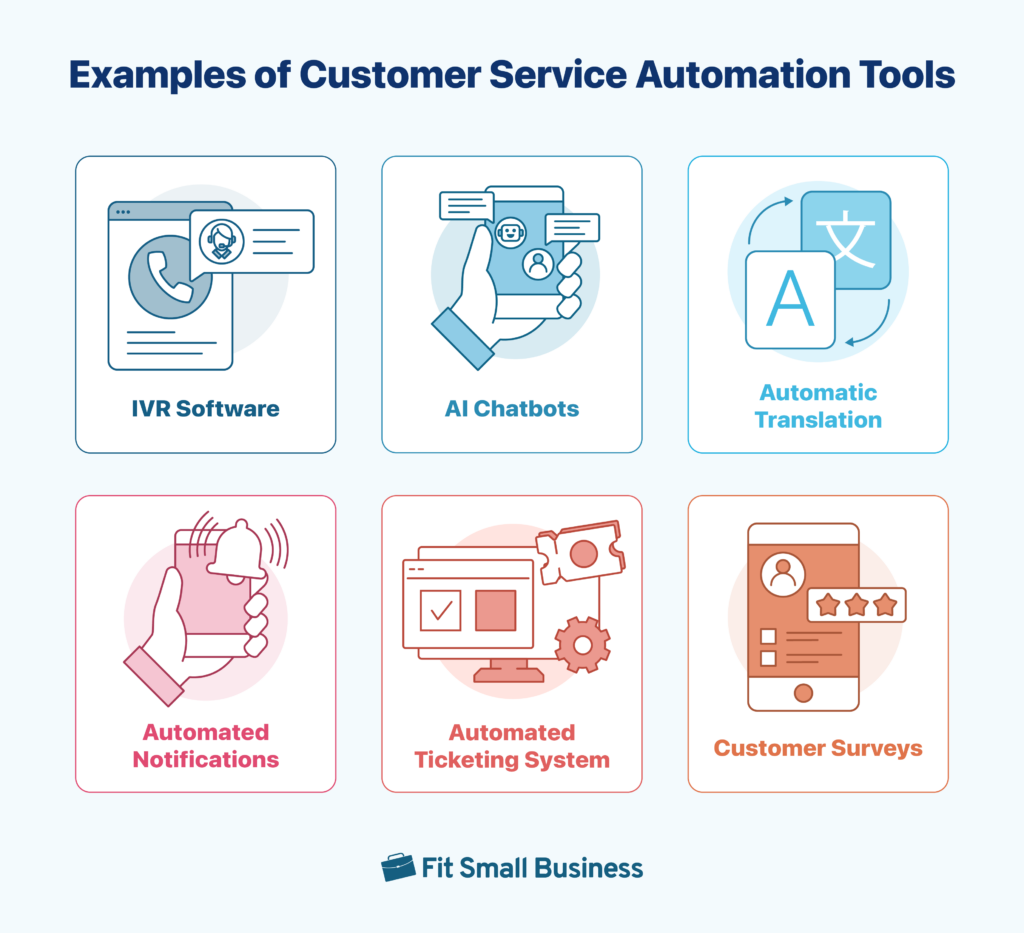
IVR Software
An interactive voice response (IVR) system is an automated tool that greets callers and routes them to the right department, like customer service or technical support. IVR software can process payments and orders and answer common questions, like balance inquiries, using pre-recorded responses.
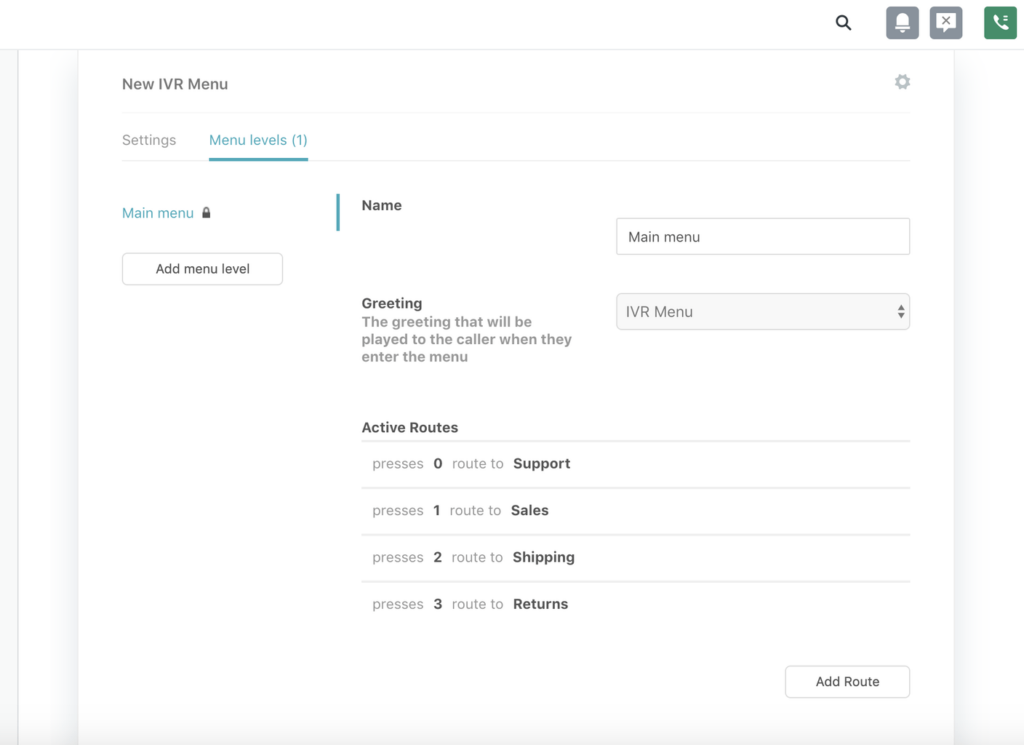
Zendesk’s call routing on IVR connects customers with the right agents to limit wait time. (Source: Zendesk)
AI Chatbots
One of the best ways to automate customer service is through AI chatbots. Nearly 30% of users expect chatbots to help them 24/7. AI chatbots can answer customer inquiries within seconds and suggest articles and knowledge-based resources to assist reps and customers.
Automatic Translations
Customer service automation tools can translate conversations automatically. Automated translation tools can convert foreign languages into English or any desired language. This automation feature can help customer service teams handle customers regardless of their contact location.
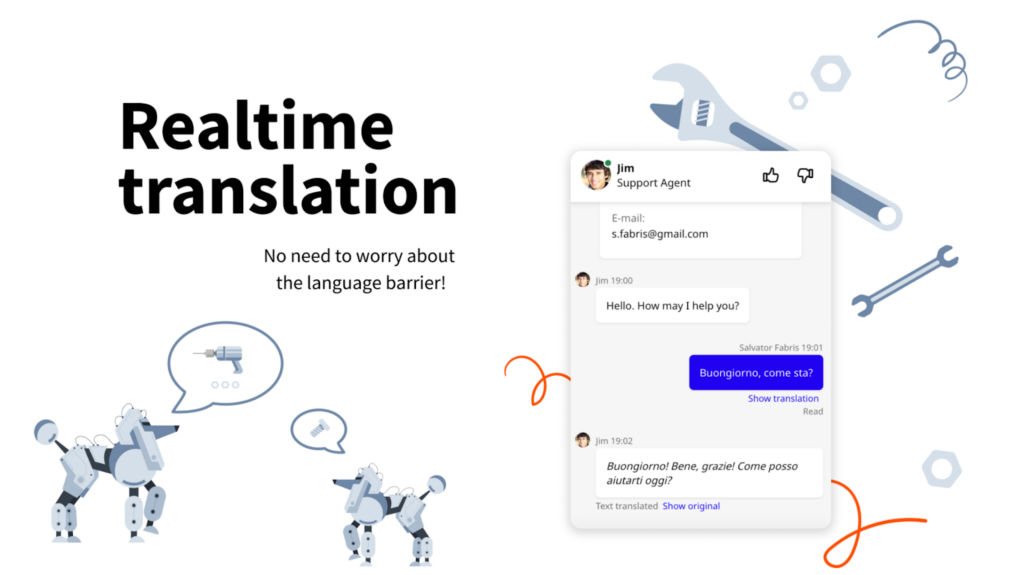
LiveChat’s real-time translation using the AI Translator app (Source: LiveChat)
Automated Notifications
Automate customer service by setting rules to create reminders for your reps. With automated notifications, your agents receive alerts to return a service ticket to the priority queue if they can’t resolve it. If you have an automated notification system, you can authorize users to share information instantaneously for better collaboration and quick issue resolution.
Automated Ticketing System
Automation in customer service has made ticketing management more seamless. In the next two years, about 70% of customer experience leaders plan to incorporate generative AI into their multiple customer touchpoints.
This technology can greatly help with query prioritization. AI-powered customer support automation solutions prioritize urgent inquiries and high-value tickets, routing them to the right customer service agents. On the other hand, tier-one reps can handle easy-to-resolve tickets, while tier-two agents can tackle more complicated issues.
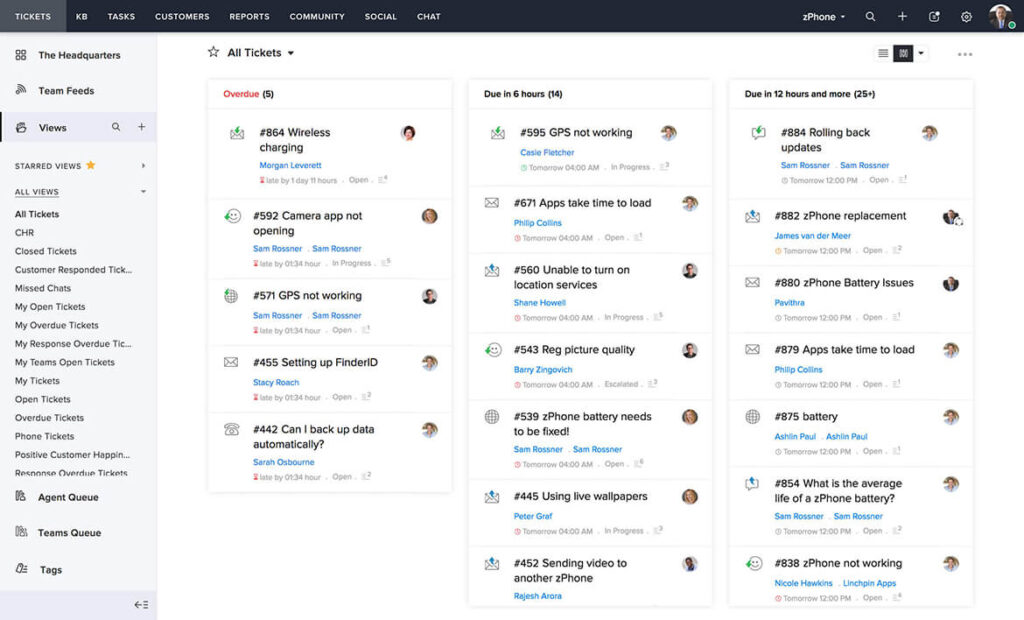
Zoho Desk’s advanced free ticket system shows ticket statuses. (Source: Zoho Desk)
Customer Surveys
One of the advantages of automated customer service is the ability to gather customer feedback across multiple channels, such as via survey forms. You can send an automated message to solicit customer feedback after customer service contact.
Examples of Automated Customer Service Solutions
There are different types of automated customer service tools and software. Some are integrated into help desk software or CRM systems.
Freshdesk Pricing:
- Free plan: $0 for 2 agents
- Paid plans: $15-$79/agent/month (billed annually)
- Free trial: 14 days
Automation Capabilities:
- Automatic ticket creation and assignment
- Run ticket automation for free
- Automated suggestions for knowledge-based resources
- Workflow automation
- Freddy AI bot for automated email and live chat support
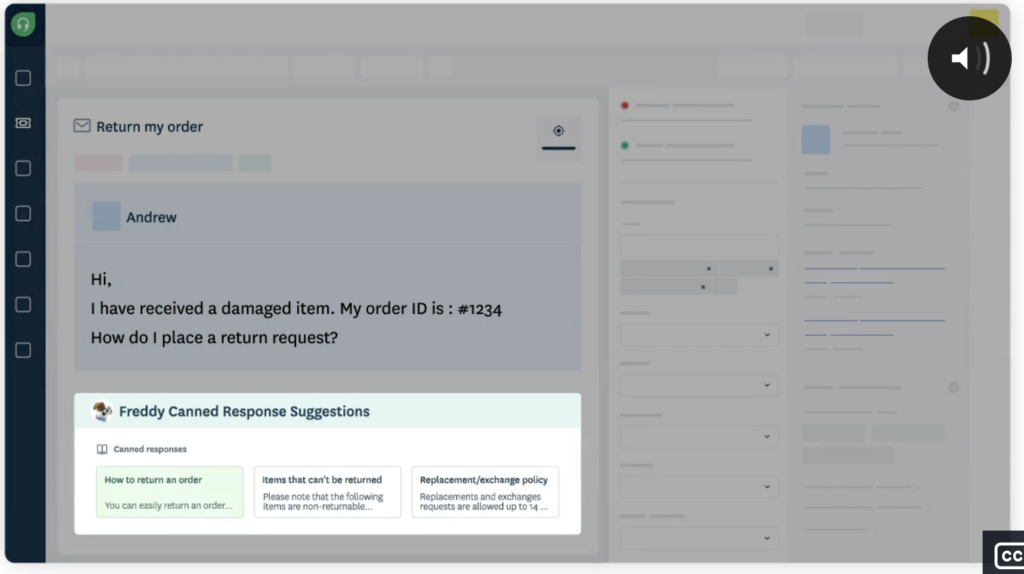
Freshdesk’s Freddy AI provides canned response suggestions to reps. (Source: Freshdesk)
HubSpot Service Hub Pricing:
- Free plan: $0 for five users
- Paid plans: $15-$150/user/month (billed annually)
- Free trial: Not available
Automation Capabilities:
- Auto-emailing
- Ticket status updates
- Automated ticket routing in workflow automation
- Sequences for automating email outreach or follow-ups
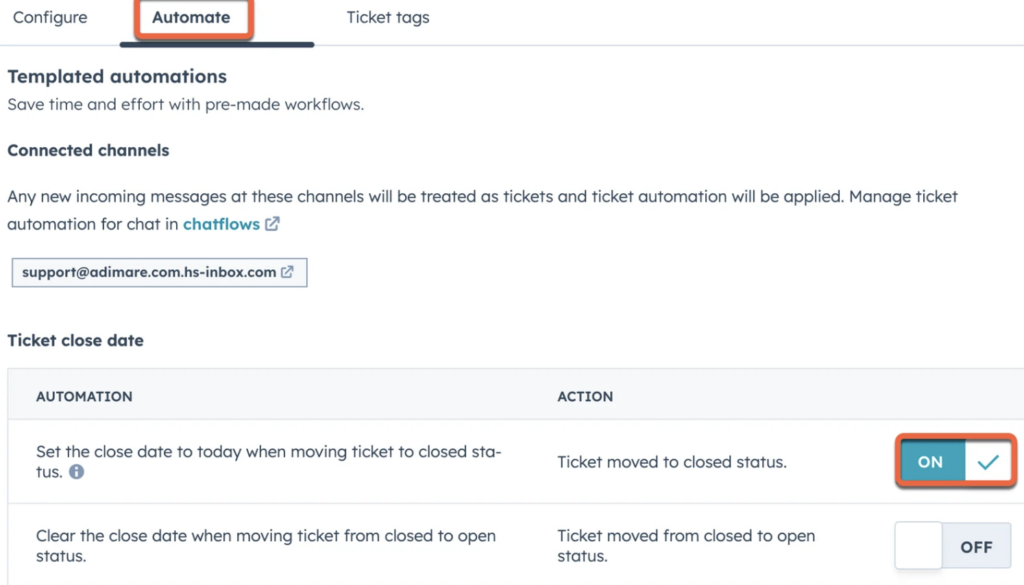
HubSpot Service Hub lets you automate ticket management tasks. (Source: HubSpot Service Hub)
Zoho Desk Pricing:
- Plans: $7-$40/agent/month (billed annually)
- Free trial: 15 days
Automation Capabilities:
- AI-powered service automation
- Automatic monitoring and assigning of tickets
- Automatic service level agreement (SLA) escalation
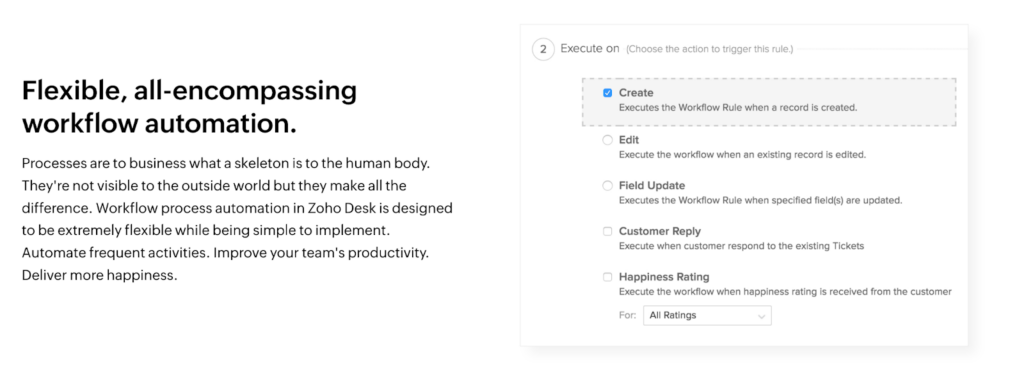
Zoho Desk’s workflow automation for ticketing and other customer service activities. (Zoho Desk)
Zendesk Pricing:
- Plans: $19-$115/agent/month (billed annually); custom-priced for the enterprise plan
- Free trial: 14 days
Automation Capabilities:
- Automatic conversation routing and translation
- Automated ticket creation and sharing
- AI-powered bots with automated resolutions
- Contextual article recommendations
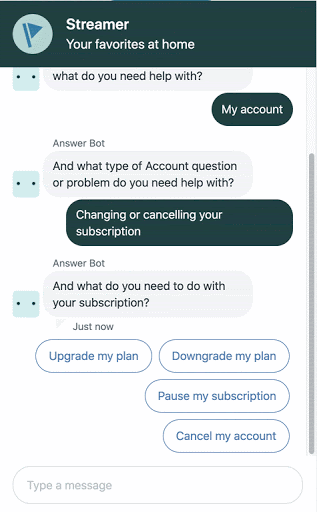
Zendesk’s prebuilt conversation flow uses AI. (Source: Zendesk)
Companies Using Automated Customer Service
Companies can use customer service automation tools like AI to improve customer experience, which applies to B2C and B2B companies. With this technology, service personnel can focus more on tasks that genuinely need to be done by humans. Take a look at some of these companies considered the best automated customer service examples.
Frequently Asked Questions
Customer service automation in customer relationship management (CRM) systems refers to the integration of tools for automating customer support tasks and workflows. General use CRMs like HubSpot, Freshsales, and Pipedrive offer automation capabilities to assist customer service reps in responding to client inquiries via live chat, phone, email, or AI chatbots.
You can use customer service software (CSS) or a customer relationship management (CRM) system to automate a customer support task like answering phone calls and email inquiries. This technology benefits startups or small companies with limited resources to hire a large customer service workforce.
Customer support automation features and setup can be highly technical and difficult for first-time users. And some business owners may find the upfront cost an added financial burden. However, many providers offer free trials, scalable plans, and free onboarding and training to help organizations acquire the right knowledge, skills, and tools to start automating customer service processes.
Bottom Line
Customer service automation can help support teams assist customers effectively and efficiently. Chatbots, intelligent call routing, customer surveys, and other automated customer support systems enable reps to provide prompt and accurate customer responses, enhancing customer satisfaction and loyalty. With automation tools, small businesses can quickly scale customer service operations across different teams, driving sales and overall company revenue.
